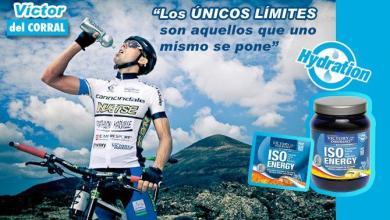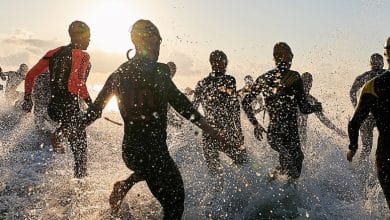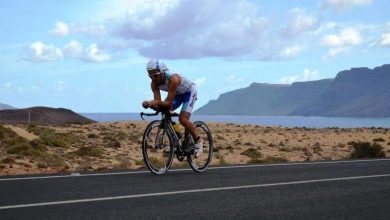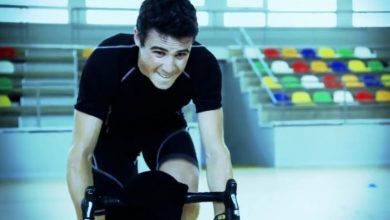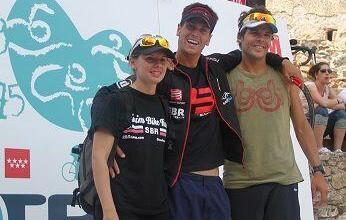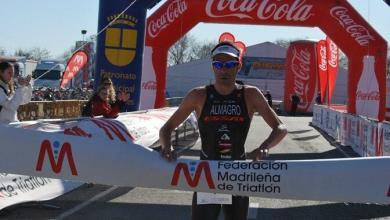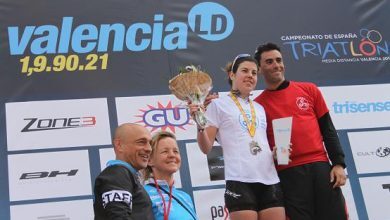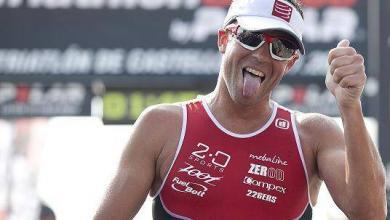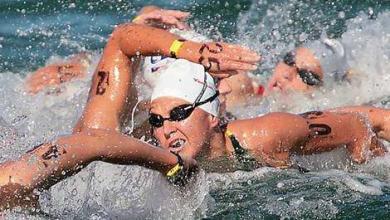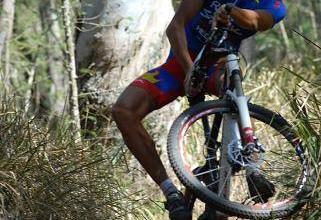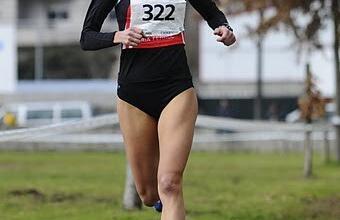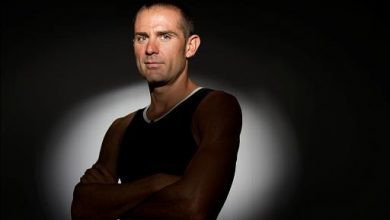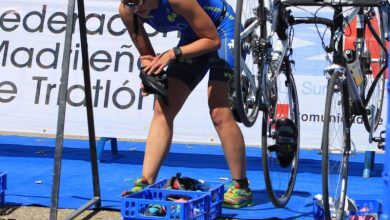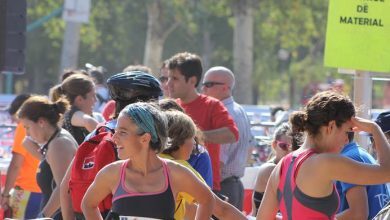What you do not have to forget if you want to successfully complete your first triathlon WILD WOLF Triathlon Series by POLAR
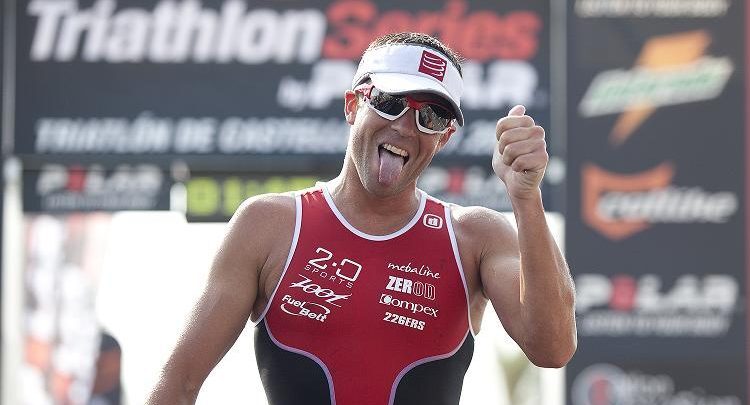
Xavi Llobet gives us some tips for your first triathlon.
A little less than 3 months after the start of the most recognized national Triathlon circuit, WILD WOLF Triathlon Series by POLAR, offers us an interview with the Olympic Triathlete Xavi Llobet in which you will discover some simple tips to successfully complete your challenge to become a true finisher!
Xavi, How long do you think it takes to train to successfully complete a sprint or Olympic triathlon?
If there is a correct physical state, that is to say he who intends to cross the Sprint or Olympic Triathlon Goal, he usually practices sports, between 2 and 3 months are enough to be able to arrive optimally on D day at H hour.
Tell us, what are your tricks to improve the quality of your workouts?
The best trick is the experience. Being three sports in one, knowing each other at the time of training, and knowing how to adapt before any difficulty during the preparation is the ideal attitude. Keep in mind that Triathlon is the best sport to interpret cross-training in the best way, that is, take advantage of training in one sport to improve in another, or recover, or maintain aerobic capacity ...
What are the main 10 things that you should not forget to take to a test?
1º - 2 swim goggles, depending on the weather you have to choose between light or dark.
2nd - An extra cap, it is advisable to wear 2 caps in the competition (the one given by the organization + 1).
3rd - Be well hydrated and not only drink water, it is important to drink mineral salts ...
4º - Vaseline, it is important to apply it in areas with risk of chafing.
5º - Some food, for example: 2 gels, 1 energy bar, can get us out of any hurry.
6º - Carrier elastic band and a handful of safety pins.
7º- Bring the bike in perfect condition, it is important to check the machine a few days before, check the condition of the tires, the chain...
8º - Organize the competition bag (Race Bag) the previous day, reviewing all the material.
9º - Arrive with enough time to prepare all the material in the transition zone.
10º - Never try new material on the day of the race, everything must be tested beforehand.
What should you eat the day before the test?
It is advisable to make a good load of carbohydrates, rice, pasta, pizza, legumes ... It should be the pre-competitive main menu. You always have to choose the type of food that suits you. Do not abuse heavy dishes or sauces ...
How many hours before the competition can I eat and what do you recommend? Can I run on an empty stomach?
Between 2 and a half to 3 hours, I think it's enough. The same day's food should be very basic, light, that does not cause stomach problems. It must be borne in mind that "Race Day" is lived with a lot of nerves and, for many, it affects the digestive system, therefore it is necessary to provide very light foods that are easily digestible.
I do not advise running on an empty stomach, it is dangerous and can have very negative consequences.
How long do I have to "warm up" before the test, and what stretches do I have to forget to do?
Between 10'a 20 'very smoothly is enough. Always in a progressive way and finishing with some progressives to activate 100% muscularly. Take advantage of the warm-up to mentally prepare and prepare the mind.
More than stretching, I believe that having a good routine of general mobility exercises will help us to have our muscles ready. Perhaps stretching some groups of the upper train as triceps, or twins and quadriceps of the lower train.
From what time in competing advise to take some type of gel or bar to perform better?
Normally from the 45' minute of prolonged effort. But we must bear in mind that the more speed / intensity, the more energy, the more wear and tear, and the more frequently you have to refuel.
And any advice for anything else to finish the test and for the day after the competition?
Very important rehydration and recovery. As a great teacher remembered: “as soon as you cross the finish line, the next race begins”. Consequently, recovery is essential to care for and respect it.
At a physiological level, it must be taken into account that the 1st hour after the race, known as the "golden hour", is the most important to re-hydrate and nourish the body, after being fatigued and exhausted at the end of the race.
Thanks to these simple tips, you will be prepared to successfully face your first triathlon this summer. Go to the official website of the WILD WOLF Triathlon Series by POLAR and choose your venue: www.triathlonseries.org
There are no previous results.







